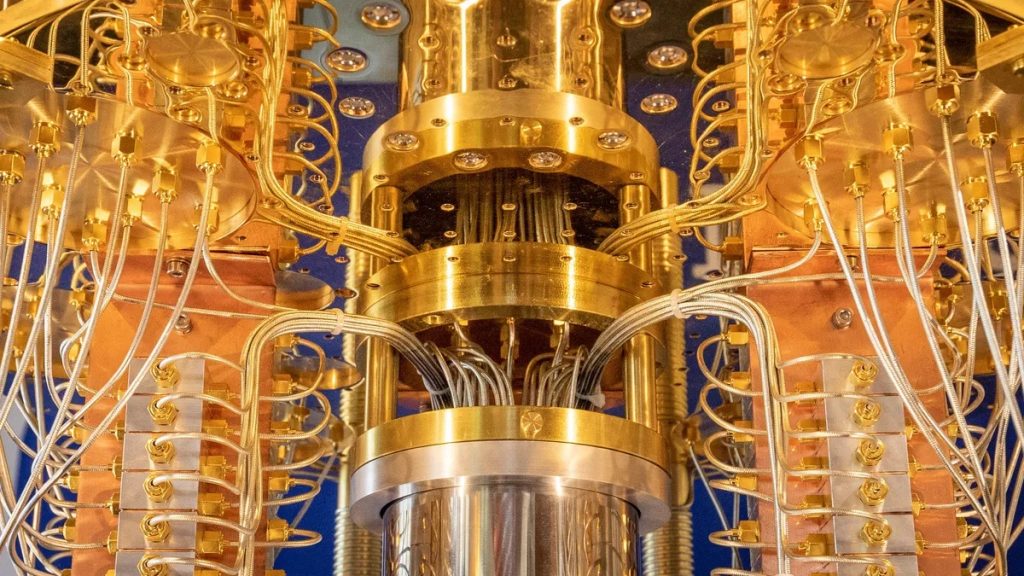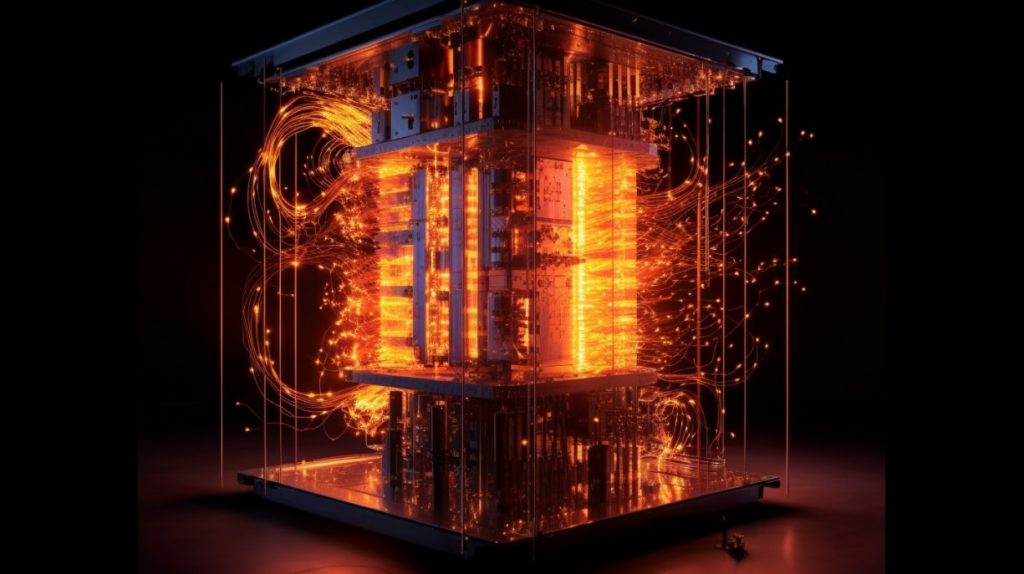Key Points:
- Dr. Kaku says we can use AI to identify the genetic changes that cause aging. However, biologists like David Sinclair don’t believe such genetic changes cause aging.
- Quantum computers could potentially process some forms of information exponentially faster than normal computers, which may potentially lead to solving aging.
- The promise of quantum computing’s capabilities has yet to be realized due to problems with harnessing the intrinsic nature of quantum phenomena.
“I think that artificial intelligence will give us the key to genetic immortality.” — Michio Kaku, Ph.D.
Michio Kaku, Ph.D., is a professor of theoretical physics at the City College of New York and author of books like Quantum Supremacy: How the Quantum Computer Revolution Will Change Everything. In the physics world, he is known for co-founding string field theory, a formulation of string theory — where vibrating particles called strings make up all matter.
In a video from Science Time, Dr. Kaku talks about how artificial intelligence (AI) can be utilized to possibly stop aging. He proposes that one day all of our genomes — our genetic information — will be sequenced and stored in a database. Scientists can then enter our genetic data into an AI algorithm, which will reveal to us the genetic changes that cause aging.
Kaku does not go into how finding these genetic changes will lead to immortality. Hypothetically, however, if genetic alterations cause aging, gene therapy could be implemented to neutralize these alterations. Still, it is not clear whether changes to our genes cause aging. Indeed, scientists like David Sinclair believe that changes to the structure of our DNA — our epigenome — are what causes aging, not changes to our DNA sequence (genes).
In the video, Kaku goes on to say, “We’ll not only have biological genetic immortality of some sort but also digital immortality.” He says that one day we can be digitized and beamed across the universe inside of a laser. AI would apparently be used for this digitization, and such technology is already in the works. Moreover, Kaku says that our digital selves being lasered to the moon falls within the laws of physics.
Quantum Computing’s Potential

Quantum computing exploits the physical properties of particles smaller than atoms. These subatomic particles (e.g. electrons and photons) exhibit strange behaviors such as being in two places at once. This physical property is called superposition — where subatomic particles can be in multiple states at the same time until measured.
Classical computers transmit information in the form of bits, which hold a value of either 0 or 1. However, quantum computers can transmit information in the form of quantum bits — qubits. Qubits can exist in superposition and hold a value of 0 and 1 simultaneously. This could allow quantum computers to solve problems orders of magnitude faster than classical computers.
“For example, computing the full electronic wavefunction of an average drug molecule numerically is expected to take longer than the age of the universe on any current supercomputer using conventional algorithms, while even a modest-sized quantum computer may be able to solve this in a timescale of days.” — Outeiral and colleagues, 2020
Kaku says that the processing power of quantum computers combined with AI could perform digital simulations of biological experiments, bypassing the costly trial and error process that occurs in the physical world. Furthermore, biologists say that quantum computers and AI can help us understand the profound complexity of the human body. This understanding could lead to advancements in medicine that contribute to solving disease and perhaps aging.
Quantum Computing’s Problem

The biggest issue with quantum computing relates to the difficulty in maintaining the quantum properties of subatomic particles. This is why today’s quantum computers use elaborate cooling systems to bring particles to temperatures close to absolute zero. Even then, these particles are susceptible to interacting with the environment, which disrupts their quantum properties — decoherence.
Scientists have developed and are still working on new ways to correct errors caused by decoherence. However, mainly due to the inability to fully correct for decoherence, especially when qubits are increased in number, quantum computers currently have little practical value. So far, quantum computers have been unable to perform any important tasks that a classic computer cannot.
“They’re not generalized quantum computers yet. So I’d say within five years we’re going to start to reach quantum computers that are competitive with standard digital computers on select problems,” Dr. Kaku said in 2023. We are maybe 10 years away from building a quantum computer that can address almost any problem, he adds.
While Kaku is optimistic, many others, including theoretical physicist and science communicator, Sabine Hosesenfelder, Ph.D., are less hopeful. Dr. Hossesenfedler has pointed out that quantum computing may be overhyped and never come to fruition. However, this will not stop inventors, scientists, and engineers from trying to make quantum computing a reality. In the end, only time will tell.